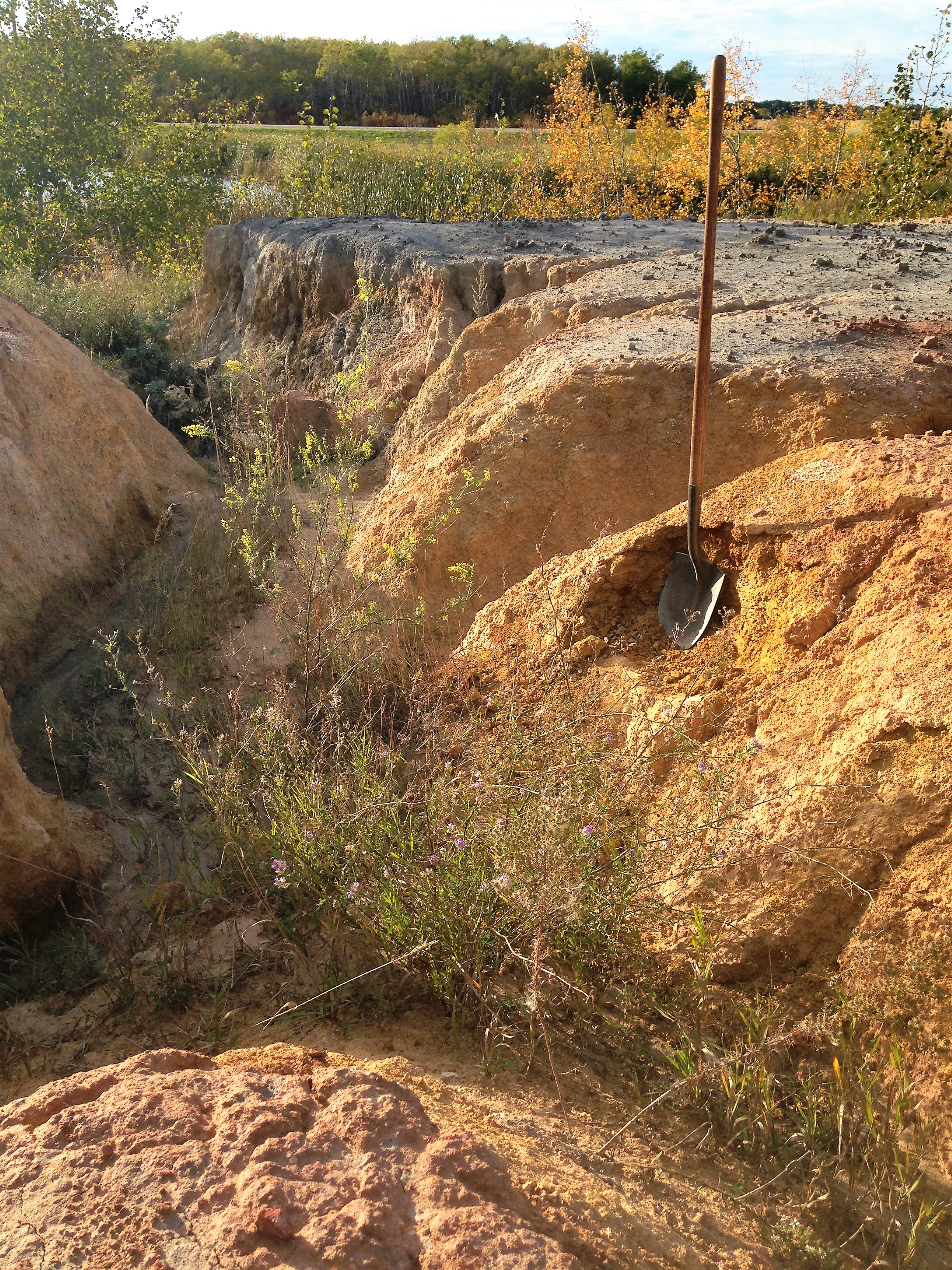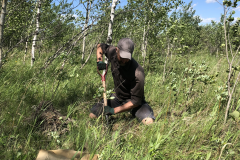
From here – such a simple statement, but the challenges and opportunities provided by this framing have been at the core of my work in ceramics for the past seventeen years.
After I graduated from Emily Carr University of Art + Design in British Columbia, Canada, I drew a hard line. No more industrial materials; no half measures. Ever since, I have worked exclusively with materials in the place I'm from; if I can't dig, forage, or make it where I live, it doesn’t go into my pots. This body of work started with some simple questions. What pieces can be made from this specific time and place? What is the ceramic terroir of the place I inhabit?
My family has lived in the Canadian Treaty One Territory for five generations, where I harvest my materials. I want my work to be in respect this piece of earth that I call home. I recognize that I can do more to engage with the original inhabitants of this place, and I am striving to do better. The next step in my work is to go beyond permission from present landowners by engaging with the First Nations that have lived here since time immemorial.
The focus of my practice so far has been to decrease the depth of my environmental footprint as much as I can. When discussing my work, I use words like regional or locally specific. I do not use the word sustainable; that word is overused and is part of far too much greenwashing. Working with locally sourced natural materials is a lot of labor; how could I make work about respecting the earth while making pieces from materials that destroy that same earth? Strip mining the earth, shipping it halfway across the world, processing it in a giant energy-intensive factory, shipping it back to the area it originally came from, and adding water before shipping it again is standard practice for these industrial products. Industrial products are ubiquitous within a ceramic community that markets its wares as "local" pottery. The true cost of this production is obscured or willfully unacknowledged. There is a better way to make art. I choose not to use these industrial products in my work. Every ounce of the materials that go into my pots I have dug myself, and I know the impacts my actions have.

